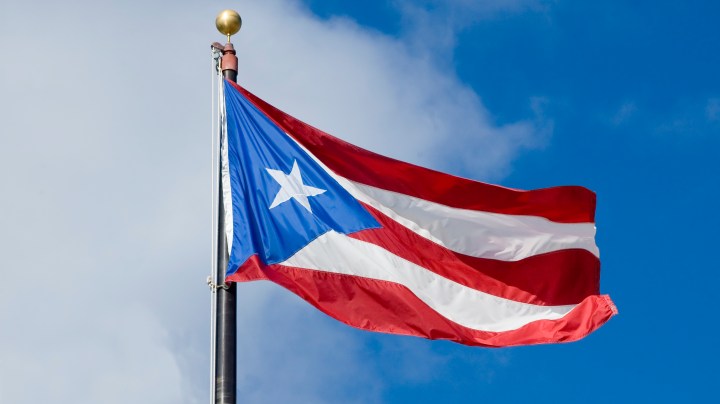Results for PR Statehood Referendum at 97 Percent; Here’s Why that Number Is Misleading

Photo by TexPhoto / E+ / Getty
On the same day that the 60th annual Puerto Rican Day Parade took place in New York City, Puerto Ricans on the island came out to vote on a nonbinding statehood referendum. And while the two events had wildly different driving forces, they had at least one thing in common: lower than usual turnout.
This year’s parade came on the heels of organizers’s choice to honor Oscar López Rivera – a divisive figure who’s seen as both a hero and a terrorist. Sponsors like JetBlue, Coca-Cola, and Goya dropped out soon after the announcement. And though López Rivera said organizers wouldn’t designate him a National Freedom Hero a week before the parade, it seems some still decided to stay away from the event. According to The New York Times, this year’s event was “subdued” both in terms of attendees and participants marching down Fifth Avenue.
60-year-old Benjamín Vásquez, who played guitar during the event, said his ability to get around at this year’s parade was proof that crowds were thinner. “This year took much less time to march,” he said. “Last year was more crowded.”
As the parade took on a decidedly more political tone this year, Puerto Ricans on the island continued protesting and boycotting amid the island’s deep economic crisis. As a result, many decided to sit out Sunday’s plebiscite. Still, the island’s governor Ricardo Rosselló claims Sunday’s vote as a victory. With 97 percent of those who voted favoring statehood, it seems like the majority of island wants Puerto Rico to become the 51st state. “From today going forward, the federal government will no longer be able to ignore the voice of the majority of the American citizens in Puerto Rico,” he said after the results came in.
However, with only 23 percent of registered voters casting a ballot, these results don’t represent the majority of Puerto Ricans. Typically, as The New York Times notes, PR’s voter turnout is as high as 80 percent.
With nearly half a million voting for statehood, this is representative of a sizable amount of the Puerto Rican population. But according to Latino Rebels, this year’s statehood vote was lower than in previous years. In 2012, for example, more than 800,000 voted for statehood. Nineteen years before, 788,000 voters wanted statehood.
The low voter turnout means that it’s not clear where the island as a whole stands on this issue, but as this contentious subject continues to get attention, many are unsure the plebiscite will lead to anything. According to the Associated Press, a US Justice Department spokesman said the agency has yet to look at the language used in the ballot. And with $8 million going toward the vote, others are upset that the money didn’t go toward something more beneficial for the island.